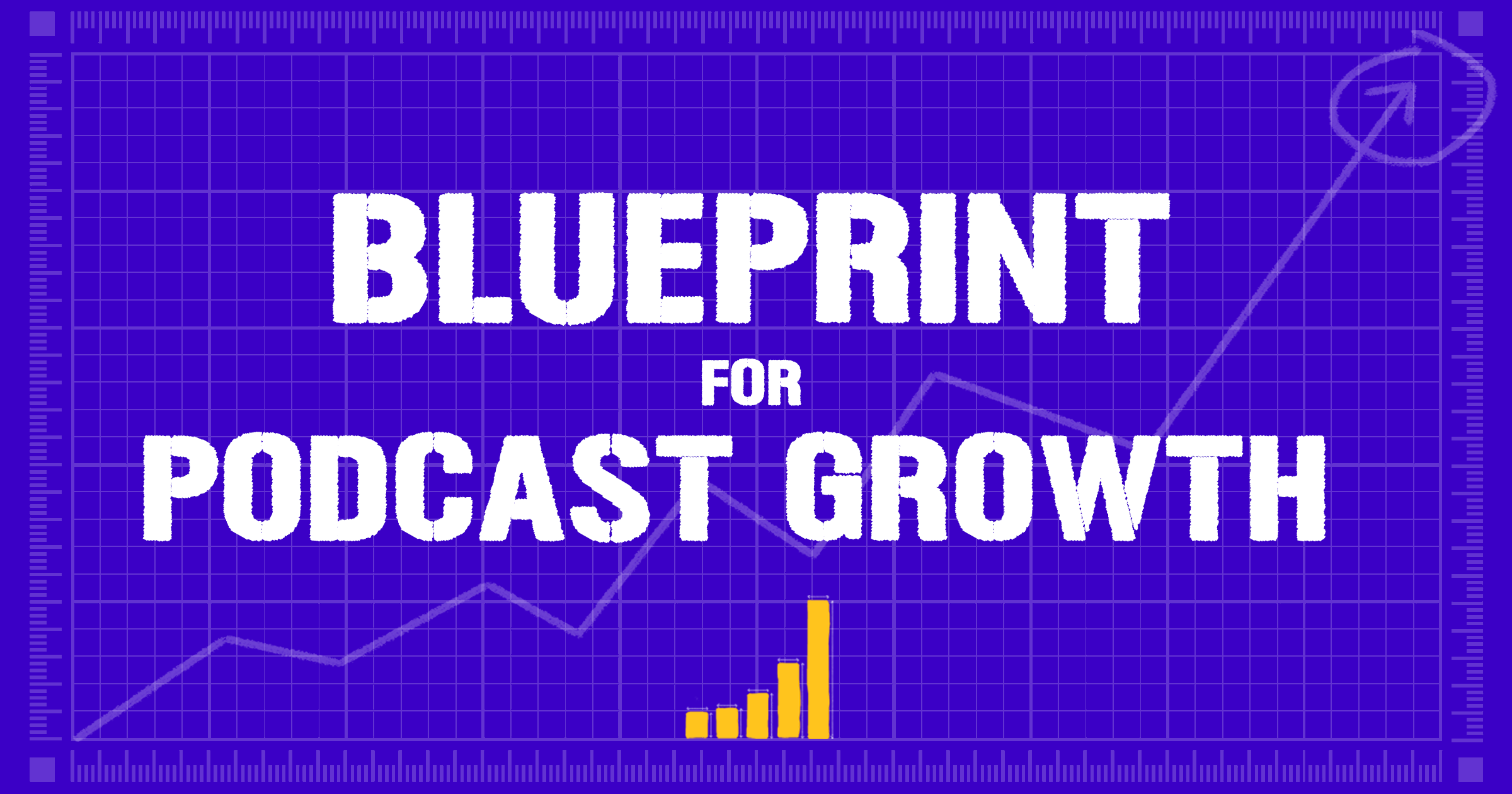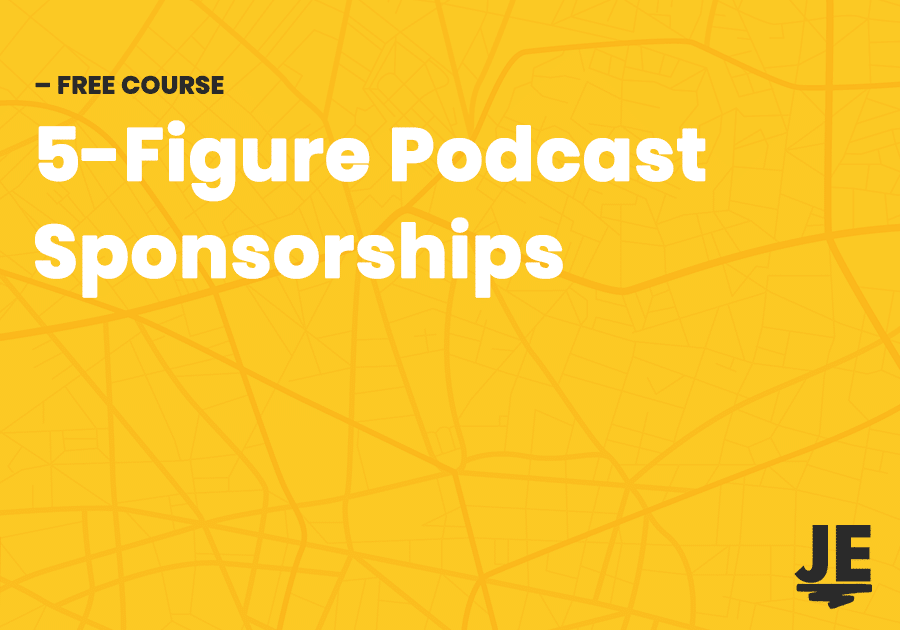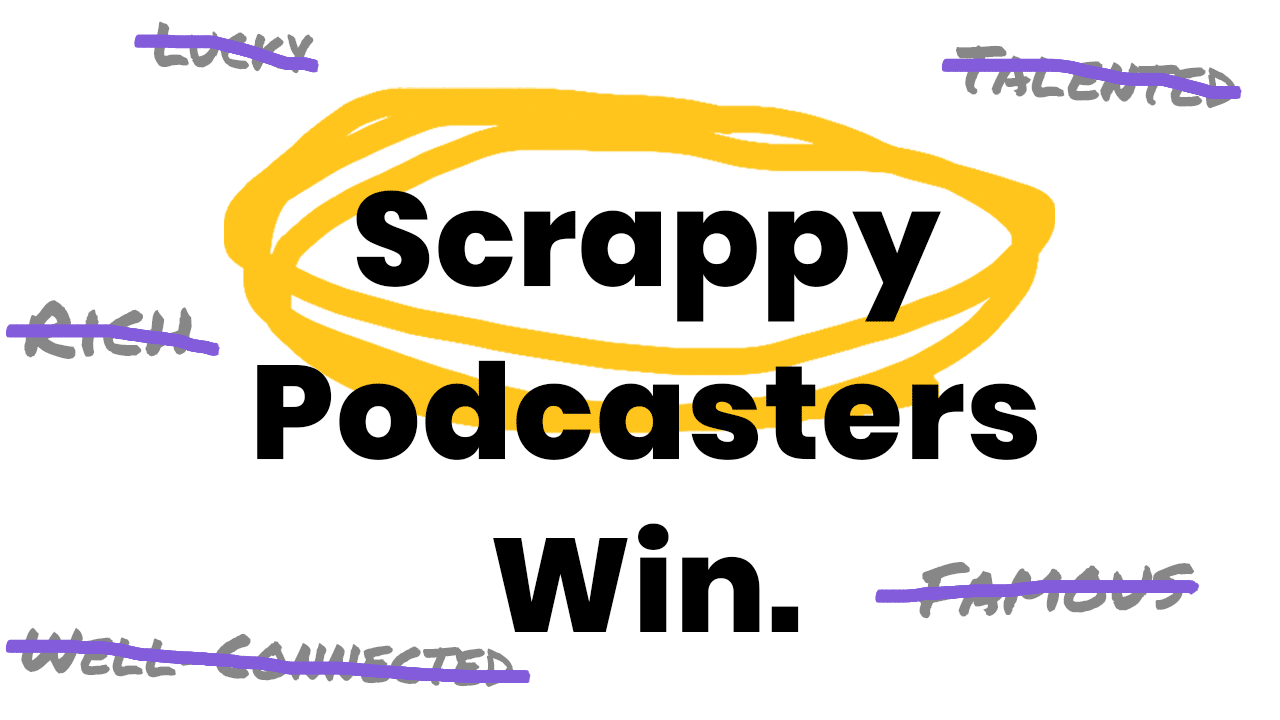Two weeks ago I had the privilege of traveling down the coast to Anaheim for my first ever Podcast Movement. For those of you who are unaware of what exactly Podcast Movement is, it’s the largest annual podcasting conference, and this was it’s fourth year being held, each year in a different US city.
Every year, many of the biggest names in the world of podcasting are in attendance, including people like Pat Flynn, John Lee Dumas, Amy Porterfield, Chris Guillebeau, Gretchen Rubin, Dan Carlin, Aaron Mahnke, and waaaaay more, as well as a number of the biggest brands that allow us to do what we do.
I bought my ticket last fall and while I was definitely looking forward to the conference, in the 9 months or so since I had bought my ticket, the excitement had faded at least a little bit. As PM17 drew nearer, thoughts filled my head of this being just another industry conference, full of annoying people pitching their shows, selling their services and products and so on.
Boy was I wrong.
While there were certainly a few of such people in attendance, this was one of the most open, supportive, and encouraging communities of people I’ve had the chance to be a part of, and it was a truly special experience replete with new friends and a head full of ideas.
In hindsight, how could I have expected anything different? These are podcasters we’re talking about after all, people so passionate about their often obscure ideas that they dedicate an insane amount of time and money to their shows, often with little return for their efforts.
Moreover, these are people driven to make a difference and change the world. And while podcasting plays a key role in most of their lives and visions, I found that for many of them, their gaze is fixed on something bigger. These are my people.
In the week since getting back home to Vancouver, I’ve been mulling over everything that I’d learned and written down during the week I was in SoCal, and let me tell you, it hasn’t been an easy task. My brain was stuffed following the 3-day conference and it’s going to take a while to absorb and figure out how to apply a lot of the learnings.
Over the next 2 weeks, I want to talk about two of the biggest themes that stuck out to me. These themes emerged both from the speaker sessions, as well as talking casually with a number of the amazing humans in attendance who happen to be podcasters.
Today, we’re talking mindset.
The Mindset Of A Successful Podcaster
If you’ve been hanging out with me for a while, you probably know that I’m a big mindset guy. Sure, I like to focus on tactical details as well, but ultimately, I believe that your mindset will make or break you in any pursuit you undertake.*
* Like podcasting for example…
I’ve actually been wanting to write about podcasting mindset for a while, and while I’ve touched on it briefly in recent articles on audience targeting and defining metrics for your podcast, this is a great opportunity to dig into mindset in depth.
How Does Podcasting Fit Into Your Life?
If you’re like most podcasters starting out, you’ve probably got a day job and podcasting is something you do on the side. Maybe your day job is a business you own and run, or maybe you’re employed elsewhere, either way, a large chunk of your time every week is already spoken for, and podcasting has to fit into some of the gaps in your schedule.
Oh and don’t forget that you probably also have commitments like friends, family, feeding your fish, watching the latest Game Of Thrones episodes, and spending 13 hours looking for your friends house cat that engineered a daring escape out the second storey window only to be found at 10pm while searching by headlamp in the neighbors hedge across the street.*
* Yes, you guessed right. That’s how I spent last Friday…
The point is, we’re all busy, and podcasting often takes a backseat to our other obligations.
In fact, do you know the number one reason podcasters quit? Perceived lack of time to produce the show.
But here’s the thing. Every single big time podcaster I talked to at PM17 said the exact thing: “If you want to make your podcast your job, you have to treat it like one. Show up for it.”
Adjusting Your Pre-Launch Mindset
I’ve always held the exact same belief, that if ever want your podcast to become a business (which is ostensibly the reason so many podcasters are chasing sponsorships), you have to treat it like one from day one.
Like any business, this means doing things like:
- Market research
- A/B testing your titles/copy/show name/etc
- Networking with others in your industry
- Investing in your business
- A whole bunch of education on the medium
- Marketing and promotion
- And a host of other business development tasks
For some reason however, a lot of podcasters seem to feel like podcasting isn’t such a serious endeavor as starting a real business, or that they already know everything they need to know (perhaps other than the gear), and that their show is going to be so great that people will just find it and their audience size will soar, carrying them to podcast fame and glory.
You probably see where this is going. Podcasters who go in with this mentality almost inevitably hit the episode-seven slump as I like to call it and before long join the ranks of former podcasters.
It’s no mystery why many of the biggest podcasts out there are helmed by hosts who went in with existing brands, and it’s not the following they already had (although that helps). It’s because they know how to run a content driven business like a podcast, and treated it from day one like they would any aspect of their existing business.
They measured analytics, made calculated experiments, tested their content before launching, made adjustments where applicable, talked with their “customers” (ie. listeners), and everything else that goes along with starting and growing a successful business, or in this case, podcast.
Your Mindset Post-Launch
Ok, so maybe you’ve already started your podcast and didn’t do all this work before hand, is it too late for you? Have you missed the boat entirely?
No. In fact, while the pre-launch mentality and hard work can speed up your growth immensely, starting your podcast off on the right foot, it’s what comes post-launch that will ultimately propel you to achieving your podcast goals.
See, it’s never too late to implement the podcast-as-a-business mindset and the accompanying strategies (and it’s in fact necessary to continually apply them throughout the life of your podcast), and if the pre-launch workload was a short but steep climb, the work required post-launch is a moderate grade with no end in sight. Ever.*
* Ok, not ever ever. Just until death.
How Much Time Does A Successful Podcast Require?
In talking to successful podcasters over the past couple weeks, whether they started their shows as an addition to an existing business or as a hobby, the ones who are now doing it full time all echoed that during their growth, they were steadily putting in something like 20+ hours each and every week into their podcast.
Whoa. 20+ hours???
For many of us it’s hard to find the 5 hours or so per week to record, edit, and promote our shows. Many even get the production process down to a couple of hours and feel like they’ve got this podcast thing figured out.
What these (now) full-time podcasters realize that many of us don’t, is that there’s way more to growing a successful podcast than simply the production process.
Case Study: Amy Porterfield’s Production Process
If you’re not already familiar with Amy Porterfield and her Online Marketing Made Easy Podcast, consider this your invitation. In my opinion, Amy does niche topic podcasting better than pretty much anyone. I was able to sit in on a roundtable session she hosted along with Pat Flynn and John Lee Dumas, where they shared their podcast production workflow.
If you’re not familiar with Amy’s show she publishes weekly shows that range generally from 30-60 minutes.
Keep in mind that while she has a team in place now to help her with her weekly production, she didn’t always. No excuses.
It goes something like this:
- Draws up a content calendar for the next 4-6 weeks with topics she wants to cover.
- Comes up with a bullet point list of points to cover in a particular episode.
- If a guest is being interviewed for an episode, researching the guest, their work, their past interviews, etc.
- Flushes out those bullet points into a coherent episode. Pays special attention to order, pacing and flow of the show.
- Identify points that might lose listeners and either revise or cut.
- Leave this outline for a week and then come back to it for revisions.
- Identify which call to action (CTA) best fits into the episode’s subject matter. ← This is the entry to your funnel.
- Creates an applicable freebie, often in the form of a cheat sheet or checklist of concise takeaways from the episode FOR EVERY EPISODE. These are generally based on templates. ← This is another entry to your funnel (or the same as your CTA in step 6)
- Batch records episodes 4-6 at a time.
- Plans out promotional strategy including social media scheduling, facebook ads, coordinating guests promotion through their channels
- Any outreach/coordination with future guests
How does Amy’s production process compare to yours?
To be fair, Amy herself admits to being an “over planner”. But really, can you argue with her success and the results she’s seen?
I didn’t think so. It’s time to get to work.
Keep in mind that while Amy’s podcast is an integral part of her business now, it was not always, and even today it’s but one arm of her marketing efforts. She still has to find time to dedicate to her actual business, and fit the podcast in around the million other little things pulling at her attention.
Finding The Time To Grow Your Podcast
Despite our dreams of getting featured on the front page of iTunes and instantly shooting up into the realm of podcast rockstars, the truth is that there are no shortcuts. The work must be done.
So if you’re serious about making your podcast a sustainable source of income, pride, and knowledge, insight, laughter, understanding, or whatever it is you provide your listeners, you’re first job is figuring out how to give it the time it’s going to demand from you if you want to do it right.
Cert, inly there are some non-negotiables in your life, like your family and possibly your job. But outside of that, if you’re dedicated and creative enough you’ll find that your days are filled with previously untapped podcastable* hours.
* Podcastable is toatlly a word…
Friends?
You’re true friends might be annoyed, but will respect you for working this hard towards something you care about
The latest GOT episode?
Skip it. You can binge watch the series when you’re a rich and famous podcaster
Your pet fish?
Give it away to one of those friends as a reminder of you.
Searching for your friend’s escaped cat?
Yeah, I don’t know what to do about that one. I’ll leave it up to you…
If that’s not enough time for you, here are some additional strategies:
- Wake up an hour early or stay up an hour later to record episodes while the rest of your family is asleep. If you have no family, stay up all night. Forever.
* Yeah, ok that’s a joke, no one needs a regular sleep schedule for productivity more than I do. Know thyself.
- Respond to listener emails, reach out to guests, research new topics while you’re in the bathroom, doing… ya know… stuff*…
* This is my prime language learning time by the way. TMI? Oh, sorry…
- Use your commute to listen to similar podcasts to yours and note what they’re doing well, and what you can improve upon.
- Use your lunch hour to schedule your social media or promote your latest episode.
- Set aside 6 hours on Sunday mornings as “podcasting time” where you batch record or edit your shows.
- Schedule meetings, either in person or virtually with other podcasters simply to discuss what’s working and what’s not and how you can help each other promote your shows. Commit these to your calendar.
Whatever you do, make a commitment to yourself and to your podcast that no matter what you will find the time to dedicate to your show. If 20 hours/week seems impossible, start with 10.
If you have no idea how to fill that scheduled time with podcast related tasks, schedule the time anyways you’ll quickly be surprised at how much there actually is to work on when you have the time set aside for it.
Next week we’re going to talk about my second big takeaway from Podcast Movement 2017, which is all about building up a support community of podcasters, and getting over the “other podcasters as competition” mindset that only holds us back and slows our growth.
In the mean time, I’d love to hear how you make time for your podcast, and what tasks outside of the actual production of the show you’ve found to make the biggest difference in your podcast. Leave me a note in the comments yo.
- Why Wouldn’t They Just Google It? - March 14, 2021
- Before You Can Market Your Podcast, You Need To Create A Marketable Podcast - March 11, 2021
- Podcast Promotion & Marketing Are Different (Here’s How to Use Each Effectively) - March 10, 2021




